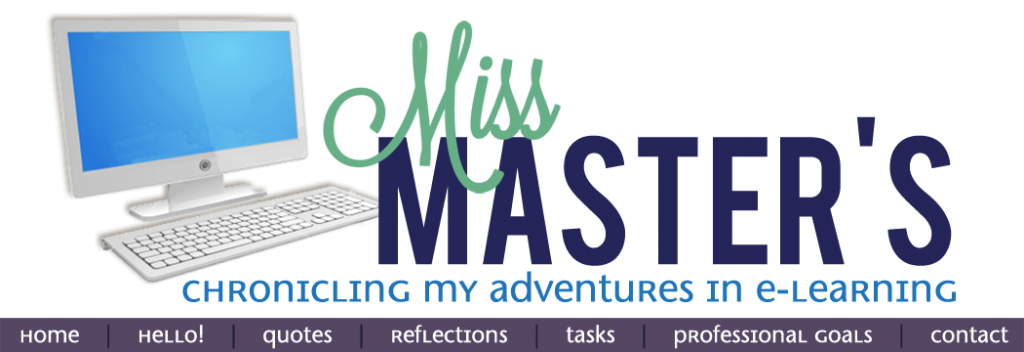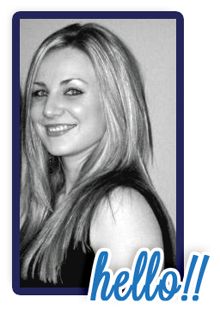This course has opened my eyes to current issues and trends
in the early childhood field at home and internationally. Although I was aware
of the issues and trends we encountered, discussed and researched in this class
I had not reflected on all of their consequences equally. Throughout previous
courses we discussed the need for advocacy within the field of early childhood
education. This course definitely reiterated this importance for me with the
many talks provided by Dr. Vasquez in the media segments we observed. A very
simple goal for me is that I will take more responsibility in my role as an
advocate for the early childhood field. In my discussion this week I explained
that I wanted to help with regards to professional development and training for
the newly implemented full day kindergarten program. This week I read Kelly’s
blog post and was very inspired by the actions she has taken to learn from
other countries through research in terms of what makes their educational
system so successful. This motivated me to also look into what other countries
in the world are doing and ways in which they compare and contrast with the system
we have in Canada. I am very fortunate due to my unique situation as an
international student that I have already learned a great deal in comparing the
American education system to that of Canada. One of my goals is to continue
this endeavor and share what I have learned with my colleagues and other
professionals within the field. I am fairly well versed with the Australian
system as I took my educational diploma in Brisbane a few years ago. It is
amazing to see things that I was exposed to a few years ago in Australia
trickle into the Canadian system today. Slowly but surely we are learning from
one another!
Although I did not make contact with professionals within
the field directly, I found that many podcasts, websites and newsletters contributed
to my growth and understanding of the issues that exist internationally. I have
subscribed to the UNICEF newsletter and am currently working to set up
fundraisers within my school for children who have been displaced because of
the war in Syria. Finally as a third consequence of learning about the
international early childhood field I have made a conscious effort to show my
learners children around the world and discuss things that we are lucky to have
that other children do not necessarily have. As a Catholic school, my students
often pray for these children and have shown gratitude for simple things that
they have and had not realized before that others live without.
I want to thank each and every one of my classmates for the
passion and insight you have brought to the learning over the last eight weeks.
Thank you so much and good luck to everyone in their future endeavors.
















